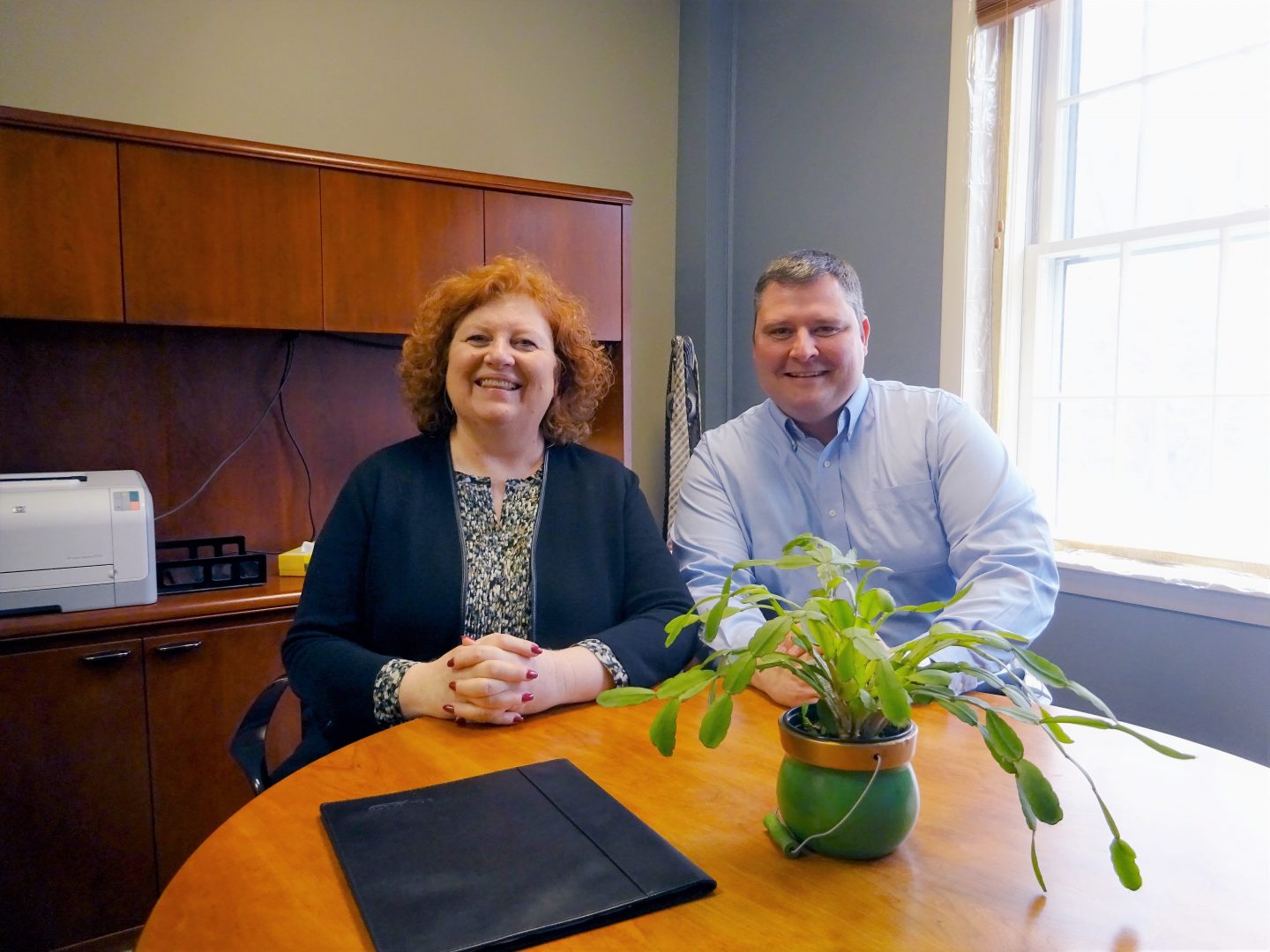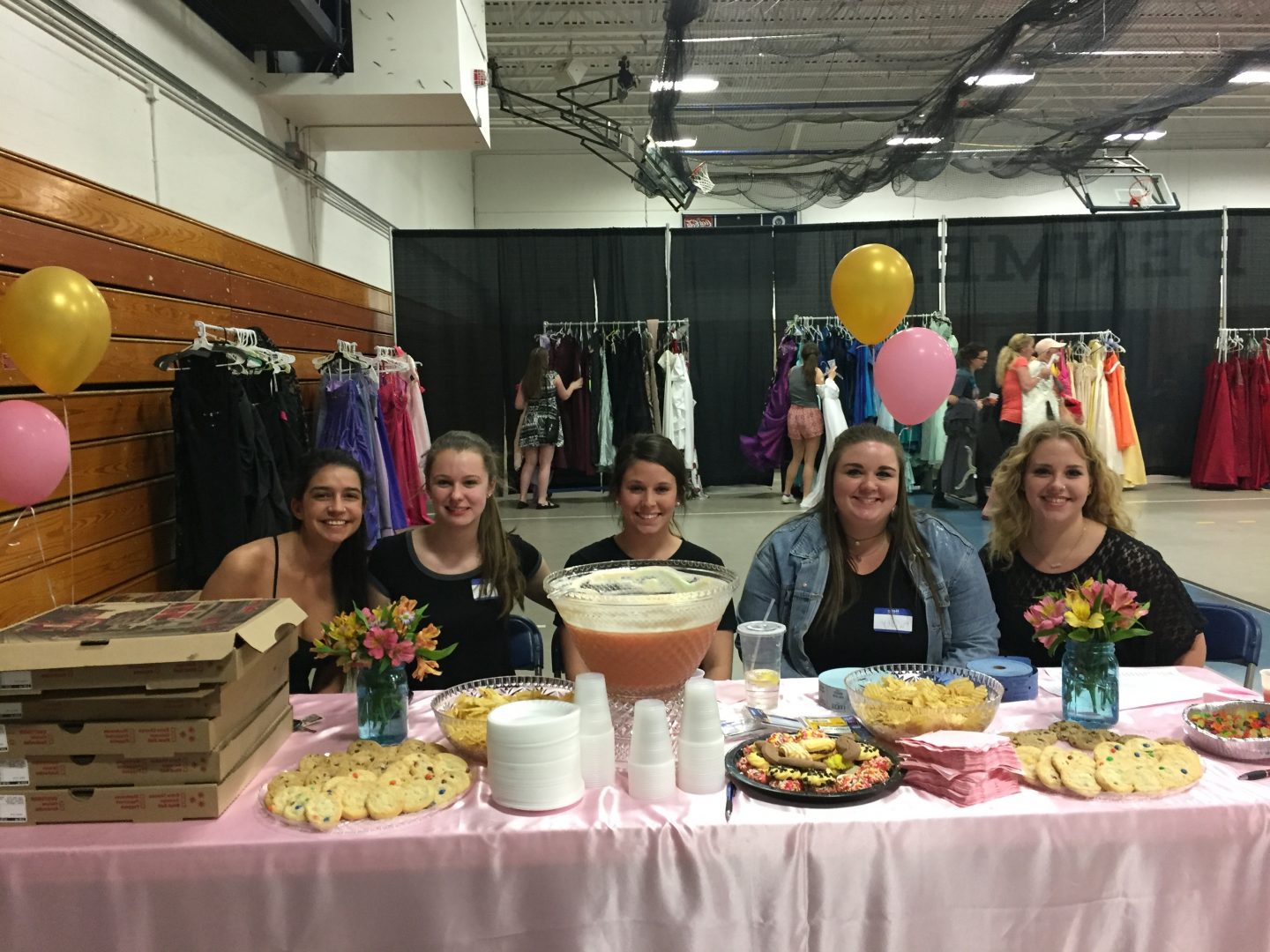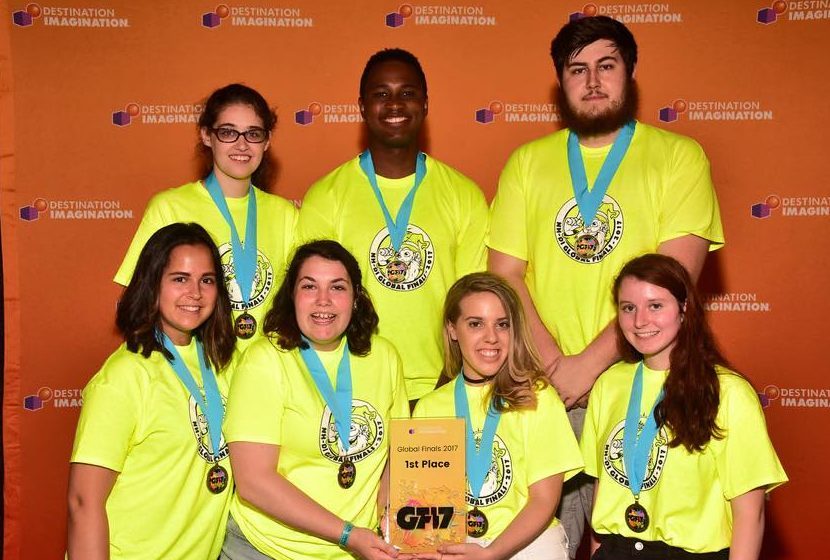It can sometimes be hard to remember how privileged we are as Americans and the freedoms that we take advantage of every day. People often lose sight of how difficult it can be in other countries and why many people choose to come here. On Sunday, September 30 at 7 p.m., the Palace Theater in Manchester sanctioned the International Institute of New England (IINE) to put on their tenth annual performance of Suitcase Stories.
Suitcase Stories is a theatrical performance which allows United States born citizens and foreign refugees and immigrants who have worked with the IINE to share their stories about immigration to America. According to the host of the event, Peter Biellon, 65 million people are displaced and about 43,000 flee their homes every year on a global scale. The foreign speakers also bring awareness to the conditions they were in before making the decision to come here. This particular show featured seven immigrants from five different countries and a variety of backgrounds.
It is easy to lose sight of where people come from or what battles they may have faced to get where they are today. Mahboba Akhtarzadah, a SNHU alumna, gave a breathtaking speech on how she fought through pollio, the unkind words people said and the disbelief that she could accomplish what she wanted in her life. Instead of giving up, her father pushed her to accomplish her dreams, and with his support, she continued to push herself up a flight of stairs every day to get her education. She is a true inspiration of what hardwork and dedication should look like.
Another speaker by the name of Molly Short Carr has been working with refugees for the past seventeen years. She shared her experience in how she began working for IINE and one of the first times she was able to help an immigrant family settle in in the United States.
“I joined the institute because I think they have an amazing vision about how to best serve the refugee community, and it really spoke to me,” said Carr.
Her story explained how she had been living in Kenya with her husband for two years prior to moving back to the United States and taking residence in Montana. She was helping to train a group of volunteers who were going to be receiving immigrants from around the world. The story centered around when she had to make arrangements to welcome her first immigrant family from Africa. She struggled with finding them a place to live and hate groups in Montana who rejected the idea of allowing immigrants into the United States. She was worried that the family she was going to be receiving would not feel comfortable, which would make her feel like she failed her job. Upon their arrival, she realized that she recognized the mother from the African family from her time in Kenya, and when she brought them to their new home, they were able to settle in just fine.
After the show, Carr commented on how critical these kinds of events are in our society today. “These events are really important to help people understand who refugees are, and immigrants, and how they come here,” she said. “There are a lot of assumptions about how refugees just come here and they are not inspected…and that is totally not the case.”
When asked what students can do to encourage the refugee community, Carr said, “it’s just getting out there, becoming a volunteer, being a mentor and connecting with the refugee population.” Hands down, Carr said that “volunteering is essential” if you would like to get involved.
Overall, Carr wanted to make sure that people took one major thing away from this event. “I think it is very important for people to understand that refugees are not just a statistic. They are people. They have gone through a long challenge to get to the U.S., and once they are here, they work really hard to make a difference.”




